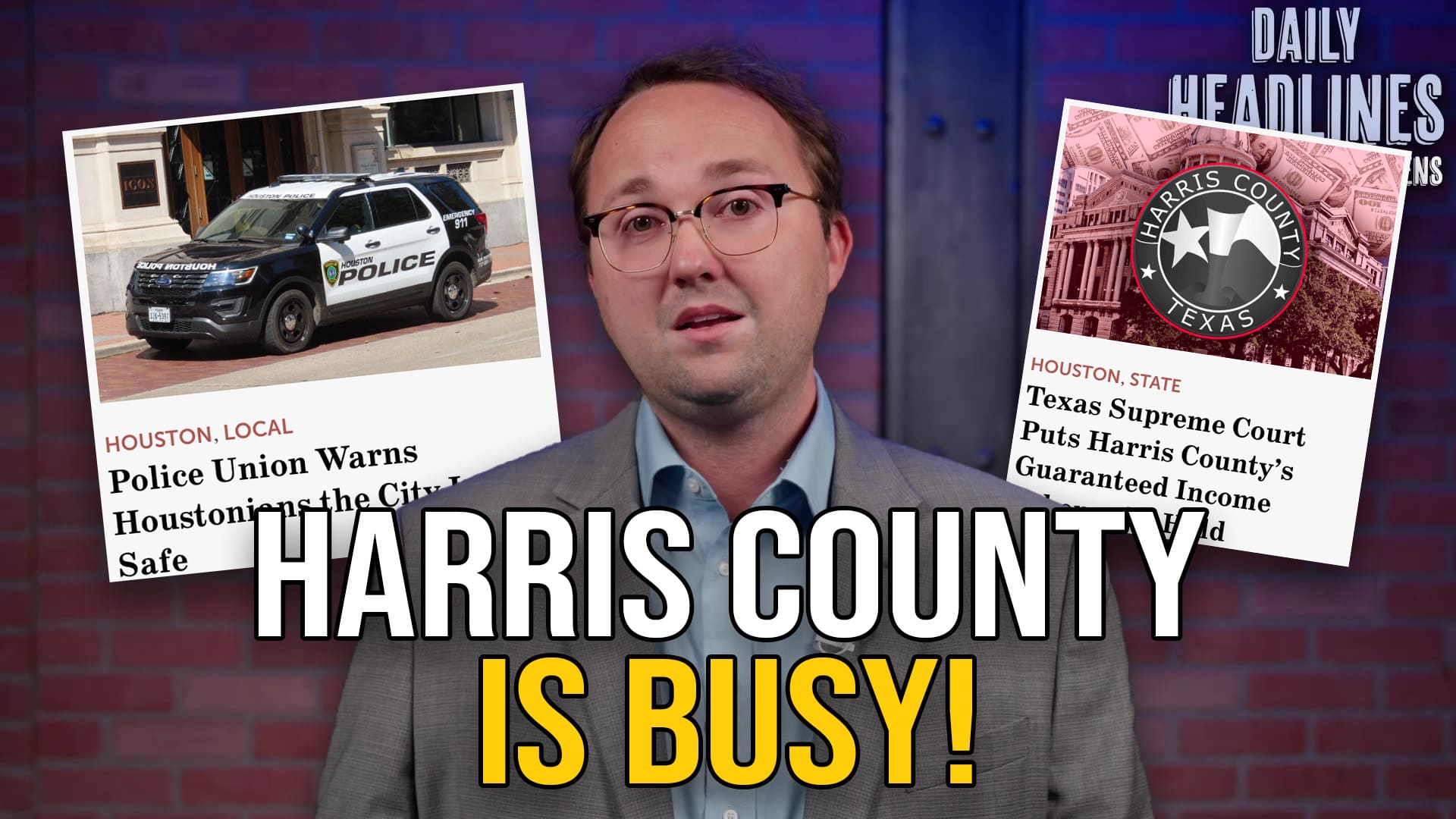A local school official is cautioning his fellow trustees statewide to think twice before adopting an innocuous-sounding policy to promote voting that may run afoul of the law.
Plano school board trustee Yoram Solomon sent a letter to local school board trustees across Texas last month, encouraging them to be vigilant when discussing and voting on “Culture of Voting” resolutions being pushed by school-district services provider Texas Association of School Boards (TASB):
You may have seen an agenda item recommended for your board approval, titled “Culture of Voting resolution.” I’d like to give you my personal perspective on it. This resolution was created by the Texas Association of School Boards (TASB). It refers to a website (www.TexasEducatorsVote.com), which is supposedly separate from TASB. You should be the judge of that.
We do have a low voter turnout in the state of Texas. In PISD, approximately one in twenty registered voters vote in local elections. Encouraging district employees and students to vote and participate in the electoral process is important to our democracy.
However, influencing them how to vote is not. In fact, it is illegal according to Federal law (18 U.S. Code § 597), and the Texas Election Code section 276.001. It is even prohibited through policies created by TASB, such as BBBB(LEGAL), DGA(LEGAL) and DGA(LOCAL). The Federal law I quoted imposes up to two years in prison for violation, and violating the state law mentioned is a felony of the third degree, carrying a minimum of two years’ prison time. Note that the resolution proposes to give employees time off to vote, provide district transportation, and the linked website suggests to give gift cards for voting. All of those require expenditures to encourage voting.
That website asks district employees to sign an oath to vote in a certain way. It refers them to several other websites for recommendations about candidates. In my opinion, the list is biased and excludes other sources which, granted, might have opposing opinions on the topics and candidates.
I encourage you to be extra vigilant when you discuss this resolution, when (and if) you vote on it, and when you implement it. Please make sure you don’t violate the law. Make sure you don’t cause your employees to violate the law, as there are severe consequences to that. Read everything very carefully. I know it seems innocent and good when you first see it.
I would also encourage you to read this letter from Senator Paul Bettencourt to Attorney General Ken Paxton. Also remember that you don’t have to adopt this resolution, and if you choose to–you don’t have to adopt it exactly as presented.
In fact, Plano ISD trustees ultimately adopted a scaled-back resolution very different from the “Culture of Voting” template, after Solomon voiced his concerns at several board meetings.
By contrast, nearby Frisco’s school board adopted a resolution much closer to the original TASB template, despite district residents’ misgivings.
About 100 Texas public school districts have adopted “Culture of Voting” resolutions, according to the Texas Educators Vote website, though the list may not be current (it doesn’t include Frisco or Plano ISD, for example).
However, all districts may need to reconsider or rescind their resolutions, depending on the Attorney General’s response to Bettencourt. In addition to pushing the boundaries on electioneering with tax dollars, Bettencourt’s request for opinion on the legality of TASB’s “promote the vote” scheme alleges that school districts appropriating funds for “Culture of Voting” activities appear to violate the Texas Constitution.
“No group should try to stampede ISDs into spending public funds to influence voters to vote for or against a particular measure or candidate,” Bettencourt said.
As Solomon reminded his fellow trustees, “I was not elected to serve by TASB or the other trustees on our board. Neither were you. You and I were elected by the people of our district, and we must serve with their best interests in mind. Let’s not forget that.”





